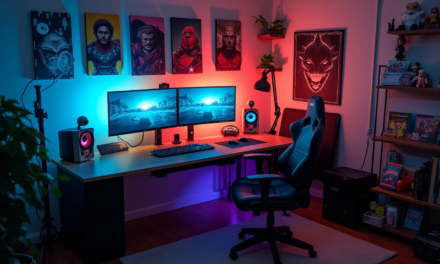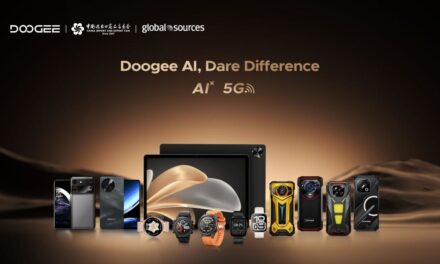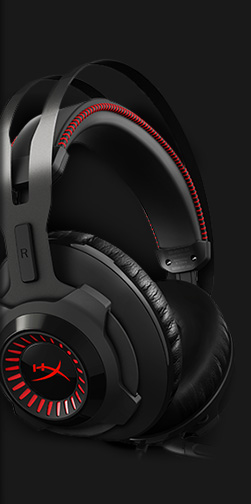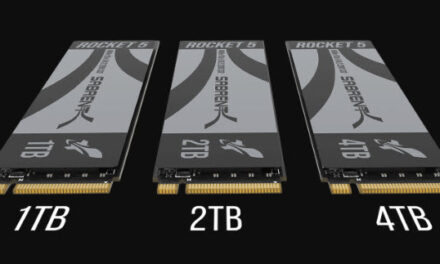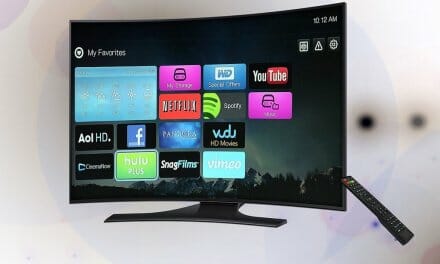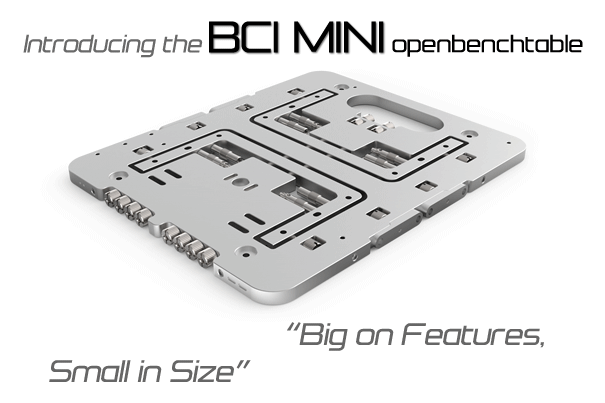
Philips monitors joins green coalition and expands cutting-edge waste reduction service

Amsterdam, 30 September 2021 – MMD, the leading display specialist and brand license partner for Philips monitors, announces the next landmark in the brand’s road to sustainable monitor technology. Philips monitors collaborates with Closing the Loop, a global provider of green procurement services, and TCO Development, the organisation behind the world’s leading IT sustainability certification TCO Certified, in a pilot project to sustainably reduce monitor waste. The project is one of eight pilot projects funded by the PREVENT Waste Alliance, a platform for exchange and international cooperation aiming to minimise waste, eliminate pollutants and maximise the reutilisation of resources. With this pilot, Philips monitors supports a project that expands a certified solution that makes electronics waste-neutral to include monitors, setting new standards for the industry as the demand for green procurement is rising.
The challenge of e-waste
Electronic waste (E-waste) is one the most pressing challenges our society is facing today. According to a report by the Platform for Accelerating the Circular Economy (PACE) and the UN E-Waste Coalition1, approximately 50 million tons of e-waste is generated every year that are predominantly shipped to Africa or other emerging markets. In addition to this, a significant number of used monitors is shipped to Africa for second-hand use. In Africa, most e-waste is not properly recycled due to the lack of appropriate facilities and resources. With only small built-in circuit boards that would make recycling more worth-while, and baked-in chemicals like lead and mercury, computer monitors in particular have been considered a problem child of recycling and the circular economy. As a result, one driver is seen as the main cause for improper handling of screens: there is no money to be made by their proper recycling.
Piling up in landfills, discarded monitors pose a significant risk to both human health and the environment, as toxic components and chemicals can seep into groundwater, endanger marine life and pollute the surrounding land. Prolonged exposure to extreme heat and sun may further result in chemicals evaporating into the air, causing air pollution and damaging the atmosphere. With the ever increasing consumption of consumer electronics, effective solutions to handle e-waste are urgently needed.
Philips monitors: facing the challenge with waste compensation
With Closing the Loop (CTL) and TCO Development, Philips monitors is now making a sustainable step in facing the e-waste challenge. In the ECoN pilot project Philips monitors supports CTL and the coalition of cross-national partners such as research institute Öko-Institute e.V. and local Nigerian partners Verde Impacto, Hinckley Recycling and SRADev in expanding a proven waste compensation scheme to include monitor waste and to expand the certification TCO Certified Edge, E-waste compensated. The project is funded by the PREVENT Waste Alliance, an initiative of the German Federal Ministry for Economic Cooperation and Development (BMZ).
Waste compensation closes the loop of electronics’ life cycles – for a fee added to the purchase price of new electronics, CTL works with local partners to collect scrap devices and recycle them safely. The collected waste is used to compensate a new device; it makes that device waste-neutral. To expand the compensation scheme to include monitors, CTL and Philips monitors work together with the German Öko-Institut, a leading, independent environmental research and consultancy organisation, to prove and confirm the process for monitors. CTL ensures the traceability, shipping and safe recycling of the collected waste, while Öko-Institut focuses on environmental and social risks as well as ensuring the service is solid.
“Our world is changing at a rapid pace – in terms of technology but also in terms of our environment. With the ECoN project, we are committed to facing one of the biggest challenges of the electronics industry and support a pilot project that aims to address this problem – not only by reducing our waste-footprint but also by establishing a certified process – setting new sustainability standards for the monitor industry,” says Stefan van Sabben, Global CSR and Sustainability Senior Manager at MMD, Philips monitors.
“We are really excited to team up with Philips monitors to confirm that reducing the amount of electronic waste makes business, environmental and social sense. It’s great to be able to work with a partner who shares our motivation to change our planet for the better and is ready to take ’business for good’ to the next level by engaging with the ECoN pilot project, funding legal and responsible collection and treatment of e-waste in developing countries. With Philips monitors by our side, we’re sure the expansion of waste compensation to screens will be a success,” says Joost de Kluijver, Founder and CEO at CTL.
The concept of waste compensation is already a norm for public procurement and recognised as a green – or ”waste-neutral” – procurement solution for phones, laptops and tablets. In the past eight years, CTL has prevented more than 3 million mobile phones from ending up in dump sites by collecting and recycling them safely, thereby helping more than 2,000 people secure additional income through safe employment.
Philips monitors supports the responsible and sustainable recycling of monitors with the involvement of local partners
Pilot project page: https://prevent-waste.net/en/

